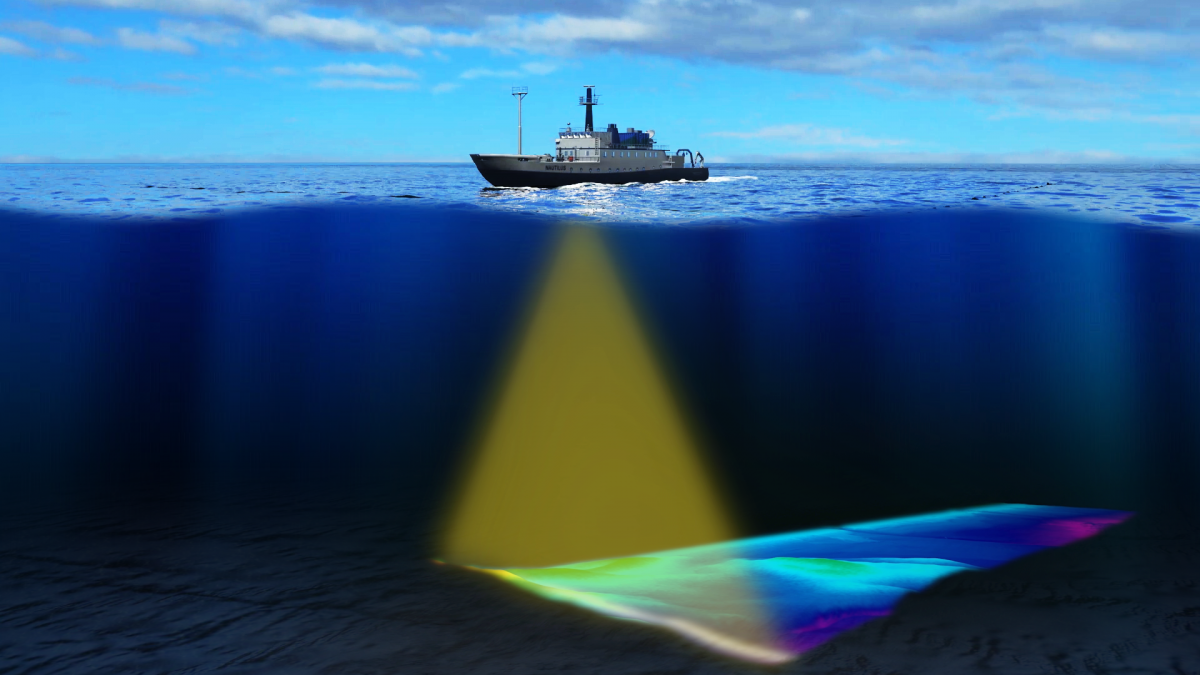IEC 60565-2 Sonar Transducer Performance Testing
The International Electrotechnical Commission (IEC) Standard IEC 60565-2 sets out the specific requirements for testing sonar transducers, which are essential components in underwater acoustic devices used in various sectors such as marine technology, defense, and oceanography. This standard ensures that sonar transducers meet stringent performance criteria to guarantee reliable operation under harsh marine environments.
Sonar transducers convert electrical signals into sound waves and vice versa, making them critical for communication and detection systems in underwater applications. Testing these devices according to IEC 60565-2 involves a series of comprehensive evaluations that include mechanical durability tests, frequency response measurements, sensitivity checks, and signal processing analysis.
The testing process begins with thorough inspection and preparation of the sonar transducers. Specimens are cleaned and checked for any initial defects or anomalies before undergoing various performance assessments. For instance, water immersion tests assess the transducer's ability to operate effectively under submerged conditions. Mechanical shock tests evaluate durability against potential impacts in real-world scenarios.
Frequency response measurements ensure that the transducer can accurately transmit and receive signals across its operational frequency range without distortion. Sensitivity checks determine how precisely the device converts received sound into electrical signals, which is crucial for accurate data interpretation. Signal processing analysis examines the integrity of transmitted and received signals to ensure minimal noise interference.
Testing according to IEC 60565-2 is essential for maintaining high-quality performance in sonar systems used across diverse applications such as naval defense, oceanographic research, and commercial maritime operations. Compliance with this standard guarantees that these critical components meet international quality standards, thereby enhancing system reliability.
By adhering to IEC 60565-2, manufacturers can ensure their products are robust, accurate, and reliable in demanding underwater environments. This not only enhances product performance but also ensures compliance with regulatory requirements, which is vital for market entry and operation in various jurisdictions.
Quality and Reliability Assurance
Ensuring the quality and reliability of sonar transducers is paramount to their successful deployment in critical applications. Our comprehensive testing services, aligned with IEC 60565-2 standards, provide detailed assessments that guarantee consistent performance across various environmental conditions.
- Customer Impact and Satisfaction:
- Enhanced product reliability reduces maintenance costs and downtime.
- Improved accuracy in data interpretation increases operational efficiency.
- Compliance with international standards boosts market confidence and trust.
We employ state-of-the-art equipment and methodologies to perform these tests, ensuring that our clients receive precise and actionable insights into the performance of their sonar transducers. Our team of experts ensures that every aspect of the testing process adheres strictly to IEC 60565-2 guidelines, providing a robust foundation for product development and quality assurance.
Our commitment to excellence extends beyond just meeting standards; we strive to exceed expectations by delivering consistent results that are aligned with our clients' needs. By partnering with us, organizations can enhance their reputation as leaders in sonar technology through reliable and high-quality products.
Customer Impact and Satisfaction
- Enhanced Product Reliability: Reduced maintenance costs and downtime, leading to increased operational efficiency.
- Better Data Interpretation: Improved accuracy in data interpretation enhances decision-making processes.
- Increased Market Confidence: Compliance with international standards boosts trust and market confidence.
The impact of our testing services extends far beyond mere compliance; it ensures that our clients' products not only meet but exceed the stringent requirements set by IEC 60565-2. This commitment to quality and reliability translates into satisfied customers who can rely on their sonar transducers for critical applications.
Our testing methodologies are designed to identify potential issues early in the development process, allowing for corrective actions before products reach the market. This proactive approach not only prevents costly rework but also ensures that our clients' products are fit for purpose and can be trusted under challenging conditions.
Environmental and Sustainability Contributions
Incorporating environmental considerations into the testing of sonar transducers is an integral part of our commitment to sustainability. By ensuring that these devices meet IEC 60565-2 standards, we contribute positively to both the environment and society.
- Minimized Environmental Impact: Reliable performance reduces the frequency of replacements, thus minimizing waste generation.
- Energy Efficiency: Accurate data interpretation leads to more efficient operations, conserving energy resources.
The testing process itself is designed with sustainability in mind. We use eco-friendly materials and processes where possible, ensuring that our operations have minimal environmental impact. Additionally, by providing accurate and reliable test results, we enable clients to make informed decisions that promote sustainable practices within their organizations.
Our expertise extends beyond mere compliance; we actively contribute to the global effort towards sustainability by promoting the use of high-quality, long-lasting sonar transducers. These devices not only enhance operational efficiency but also reduce the need for frequent replacements, thereby contributing to a more sustainable future.





